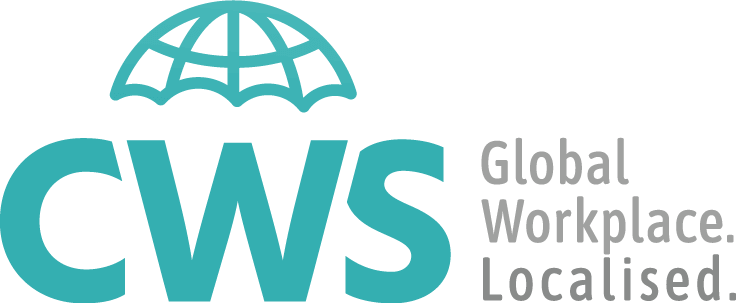Overview
Maternity leave in Israel is a well-structured framework designed to support working mothers and families, ensuring their health and economic stability during and after pregnancy. This guide explores the depths of these provisions, offering a detailed look at the benefits, eligibility criteria, and protections under Israeli law.
Eligibility and Benefits
The right to maternity leave in Israel is anchored in the Women’s Labor Law, which stipulates up to 26 weeks of leave for mothers who have been employed for at least a year before the birth. For mothers with shorter employment histories, the entitlement is 15 weeks.
Compensation during Maternity Leave
Maternity benefits are funded through the National Insurance Institute (NII), which bases its compensation on the mother’s previous salary contributions to social security. The standard payment period covers 15 of the 26 weeks, with the exact amount determined by pre-maternity leave earnings and the length of employment.
Legal Protections
Israeli law robustly protects pregnant employees. Women on maternity leave cannot be dismissed or face any reduction in job terms. Furthermore, these protections extend to the post-maternity period, safeguarding returning mothers from unfair treatment or dismissal.
Sharing Maternity Leave with Fathers
Reflecting modern family dynamics, Israeli policies allow fathers to share maternity leave. This inclusion promotes gender equality in caregiving and supports the family’s flexibility in managing childcare and professional commitments.
Special Considerations
The law also caters to more complex situations like multiple births or medical complications, providing extensions and additional benefits. Such provisions ensure that families receive adequate support tailored to their specific needs during challenging times.
Additional Rights and Supports
Beyond the leave itself, mothers benefit from continued accumulation of employment rights such as seniority and pension contributions during their leave. Employers are required to maintain the same level of pension contributions as if the employee were actively working, ensuring no gap in retirement savings.
Maternity Leave Extensions
For mothers who give birth to more than one baby at a time, the law allows an extension of maternity leave by three weeks for each additional child. This policy acknowledges the extra care required and provides families with necessary time to adjust.
Health and Wellbeing Focus
The Israeli government also emphasizes the health and wellbeing of the mother and child. If either requires hospitalization during the maternity leave period, extensions and additional support are available to ensure comprehensive care without financial strain.
Conclusion
Israel’s maternity leave policies are a testament to its commitment to supporting working mothers and their families. By providing extensive leave, financial benefits, and strong legal protections, Israel ensures that families can navigate the challenges of childbirth and early childcare without undue stress. This framework not only supports the health and wellbeing of families but also contributes to a more inclusive and supportive work environment across the country.
Read more here


